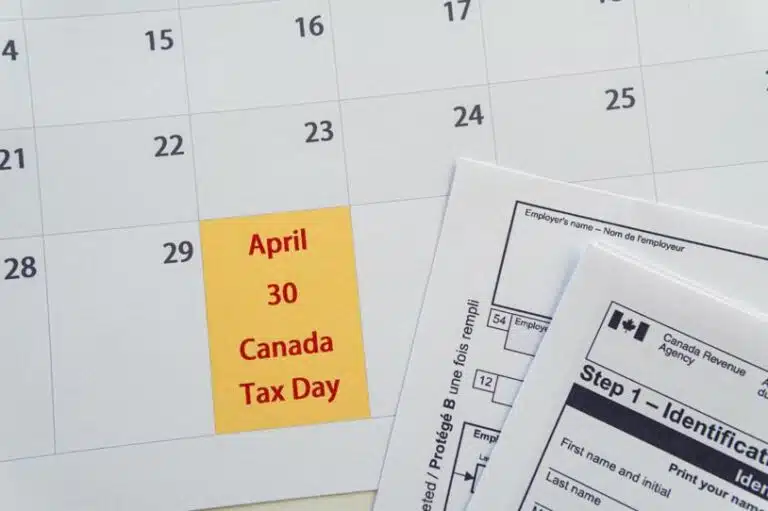-
How a Taxpayer won judicial review after CRA determined he was not eligible for CRB: Case comment Maheshwari v AGC, 2025 FC 1822
The taxpayer sought judicial review of a CRA decision dated July 5, 2024, which determined that he was ineligible for the Canada Recovery Benefit (CRB). In support of his application,…
-
Case Comment: HMK v. Quebecor Inc. – Federal Court of Appeal Sides with Taxpayer, Rejects GAAR Challenge to Using Strategy of Business Losses
In a November 21, 2025 decision, HMK v. Quebecor Inc., 2025 FCA 207, the Federal Court of Appeal (FCA) dismissed an appeal by the CRA, upholding a Tax Court of…
-
When is an Accountant’s Work Privileged in Canada: Protecting Accountants’ Work in Tax Matters, including Litigation
Accountant Privilege: Protecting Accountants’ Work in Canadian Tax Matters The British Columbia Supreme Court decision in Lewis v. WestJet Airlines Ltd. (2025 BCSC 1565) clarifies the circumstances under which accountants’ work may…
-
SECURE 2.0: Key Provisions and Tax Planning Implications for American Retirees
Enhanced Retirement Savings Opportunities Under SECURE 2.0 SECURE 2.0 strengthens the U.S. retirement system by expanding contribution opportunities, increasing flexibility for savers, and imposing new compliance obligations. For American taxpayers…
-
Canadian Taxpayers: Here are the Top 20 Tax Changes for 2025 that You Must Know
Tax planning is a continuous process, and understanding legislative updates can help individuals and business owners reduce avoidable tax liabilities. This summary highlights key federal tax changes for 2025. It…
-
A Guide to Canadian Corporate Dividend Tax Strategy
For Canadian small business owners, determining the most tax-efficient method to draw income from a corporation is a key strategic challenge. Corporate income is generally subject to two layers of…
-
Directors Beware: CRA Can Come After You For Unpaid Source Deductions
Understanding Director Liability: When the CRA Comes After You A corporation, for both general and tax purposes, is recognized as a separate legal entity from its shareholders, unlike a partnership…
-
CRA’s T4A Reporting Penalties Reinstated in Canadian Trucking Industry: Comprehensive Tax Compliance Guide for Tax Professionals, Entrepreneurs, and Businesses
CRA T4A Penalties Moratorium Lifted: In-Depth Guide to Trucking Industry Tax Compliance, Tax Reporting, and CRA Enforcement in Canada The Canada Revenue Agency’s pivotal decision to lift the T4A penalties…
-
Maryland Digital Advertising Gross Revenue Tax (DAT) Update: Federal Court Invalidates Pass-Through Ban in Pivotal US Tax Development
Overview of Maryland Digital Advertising Tax Ruling and US Tax Compliance Strategies In a groundbreaking Maryland digital advertising tax case, a federal judge in October 2025 struck down a vital…
-
401(k) and IRA Contribution Limits for 2026: Retirement Savings, Adjustments for Inflation, and SECURE 2.0 Changes American Taxpayers Must Know About
The U.S. Internal Revenue Service has released updated 2026 retirement-plan contribution limits for 401(k)s, IRAs, and related tax-advantaged and tax planning vehicles. The increases are driven by inflation adjustments and…









